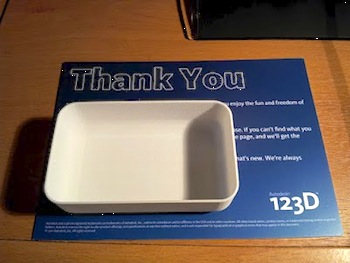Piotr Czerski's manifesto, "We, the Web Kids," originally appeared in a Polish daily newspaper, and has been translated to English and pastebinned. I'm suspicious of generational politics in general, but this is a hell of a piece of writing, even in translation.
Writing this, I am aware that I am abusing the pronoun ‘we’, as our ‘we’ is fluctuating, discontinuous, blurred, according to old categories: temporary. When I say ‘we’, it means ‘many of us’ or ‘some of us’. When I say ‘we are’, it means ‘we often are’. I say ‘we’ only so as to be able to talk about us at all.
1.
We grew up with the Internet and on the Internet. This is what makes us different; this is what makes the crucial, although surprising from your point of view, difference: we do not ‘surf’ and the internet to us is not a ‘place’ or ‘virtual space’. The Internet to us is not something external to reality but a part of it: an invisible yet constantly present layer intertwined with the physical environment. We do not use the Internet, we live on the Internet and along it. If we were to tell our bildnungsroman to you, the analog, we could say there was a natural Internet aspect to every single experience that has shaped us. We made friends and enemies online, we prepared cribs for tests online, we planned parties and studying sessions online, we fell in love and broke up online. The Web to us is not a technology which we had to learn and which we managed to get a grip of. The Web is a process, happening continuously and continuously transforming before our eyes; with us and through us. Technologies appear and then dissolve in the peripheries, websites are built, they bloom and then pass away, but the Web continues, because we are the Web; we, communicating with one another in a way that comes naturally to us, more intense and more efficient than ever before in the history of mankind.
Brought up on the Web we think differently. The ability to find information is to us something as basic, as the ability to find a railway station or a post office in an unknown city is to you. When we want to know something - the first symptoms of chickenpox, the reasons behind the sinking of ‘Estonia’, or whether the water bill is not suspiciously high - we take measures with the certainty of a driver in a SatNav-equipped car. We know that we are going to find the information we need in a lot of places, we know how to get to those places, we know how to assess their credibility. We have learned to accept that instead of one answer we find many different ones, and out of these we can abstract the most likely version, disregarding the ones which do not seem credible. We select, we filter, we remember, and we are ready to swap the learned information for a new, better one, when it comes along.
To us, the Web is a sort of shared external memory. We do not have to remember unnecessary details: dates, sums, formulas, clauses, street names, detailed definitions. It is enough for us to have an abstract, the essence that is needed to process the information and relate it to others. Should we need the details, we can look them up within seconds. Similarly, we do not have to be experts in everything, because we know where to find people who specialise in what we ourselves do not know, and whom we can trust. People who will share their expertise with us not for profit, but because of our shared belief that information exists in motion, that it wants to be free, that we all benefit from the exchange of information. Every day: studying, working, solving everyday issues, pursuing interests. We know how to compete and we like to do it, but our competition, our desire to be different, is built on knowledge, on the ability to interpret and process information, and not on monopolising it.
We, the Web Kids
(Thanks, @travpol!)

